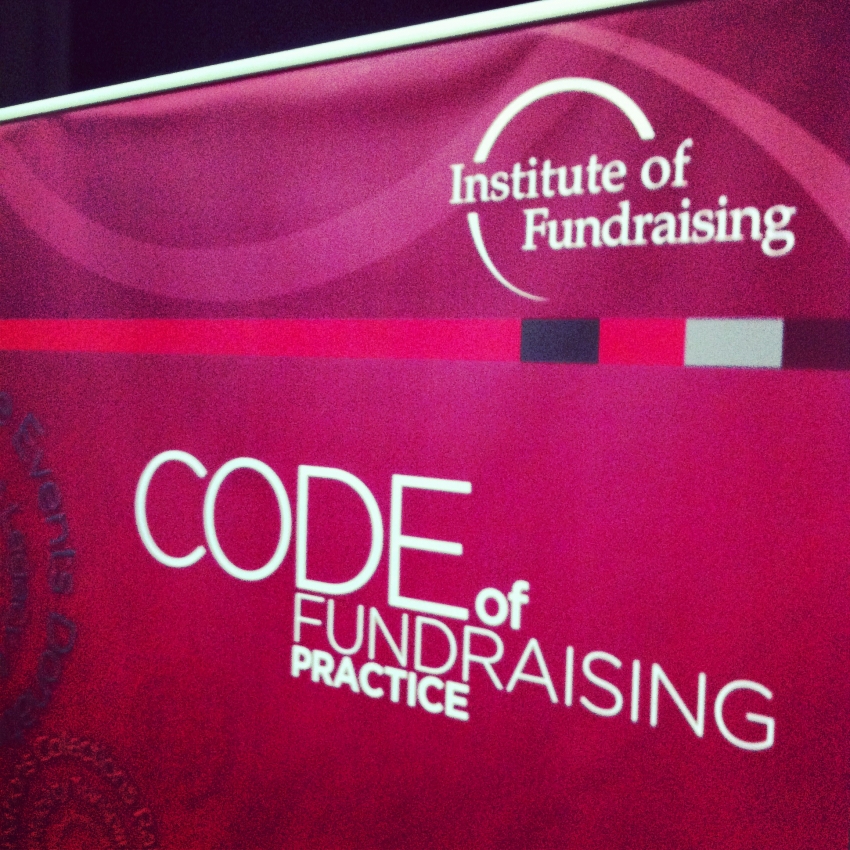Baby steps in the right direction with lottery regulation
Since the then Secretary of State Maria Miller announced a review of lottery regulation in December 2012 lottery operators across Great Britain have watched with some apprehension to see when and in what form, any changes might take.
Almost three and half years later the main Act to those changes has still to be written, much less played out and we still can’t tell whether the outcome will be positive, or as some have schemed, harmful to fundraising lotteries.
Last week did, however, host a smaller side-show with the announcement on 6th April of some relaxation on rules pertaining to smaller lotteries.
Anyone who has ever had any experience of lottery fundraising will be very much aware that the associated regulations are horrendously complex and become more so as the lottery activity increases in scale. The largest lotteries, to a potential maximum in ticket sales of £4,000,000, require a Gambling Commission licence. Below this small lotteries up to £20,000 must be registered with the Local Authority. At the far end of the scale sit the small lotteries which are the subject of these regulatory changes.
Some of the affected structures were not previously viable as fundraising mechanisms and the relaxations in these present perhaps the most interesting changes. Above all the key consideration is that none of these require any kind of either licence or registration, so the administrative burden is very light by comparison.
Here a health warning is in order: the absence of oversight will inevitably lead to compliance failures and from a wider lottery fundraising perspective we should be concerned about public perception and reputational impact. That’s not to deny that regulatory complexity already gives rise to issues, whether it is ad-hoc “raffles” for good causes, or Facebook schemes aimed at selling-off all manner of goods for private gain. Ignorance of the law may be no defence but it still has to be policed.
So to the good news. Three types of lottery are now available for use in fundraising, something which was previously denied:
1. Private society lottery
A private society is, as the name implies, a closed group with a defined membership. Previously a lottery run by a private society could only be operated for the purpose of the group, so, for instance, a rowing club could run a lottery amongst its members to raise funds for repairs to the boathouse. This restriction is now removed so that the same club could use a lottery mechanism to support an unrelated good cause.
2. Work lottery
Many businesses are keen to promote their CSR agenda by encouraging employees to contribute to good causes. Previously it would not be possible to do this through a lottery channel (other than with a very complex workaround process), as the proceeds from any work lottery could only be attributed to either expenses or prizes. This restriction has been removed, allowing businesses to operate lotteries with good causes as beneficiaries. Potentially this is the most wide-reaching of all the changes.
Advertisement
3. Residents’ lottery
Similar in format to a work lottery, residents of a single set of premises could operate a lottery, but proceeds could only be allocated to either expenses or prizes. Fundraising for good causes is now also a legitimate objective.
Incidental lotteries
A further relaxation has been made in the regulations controlling Incidental lotteries (previously “Incidental non-commercial lotteries”). Whilst the over-arching principle that a lottery must be for non-commercial purposes (i.e. not for private gain) remains, these lotteries may now be organised during the course of a commercial event. This raises the intriguing potential for good cause fundraising to take place at the likes of exhibitions or conferences, where there might be large numbers of attendees with the means to buy lottery tickets.
Further guidance is available from the Gambling Commission.
Image: Lottery balls – 3dfoto on Shutterstock.com




